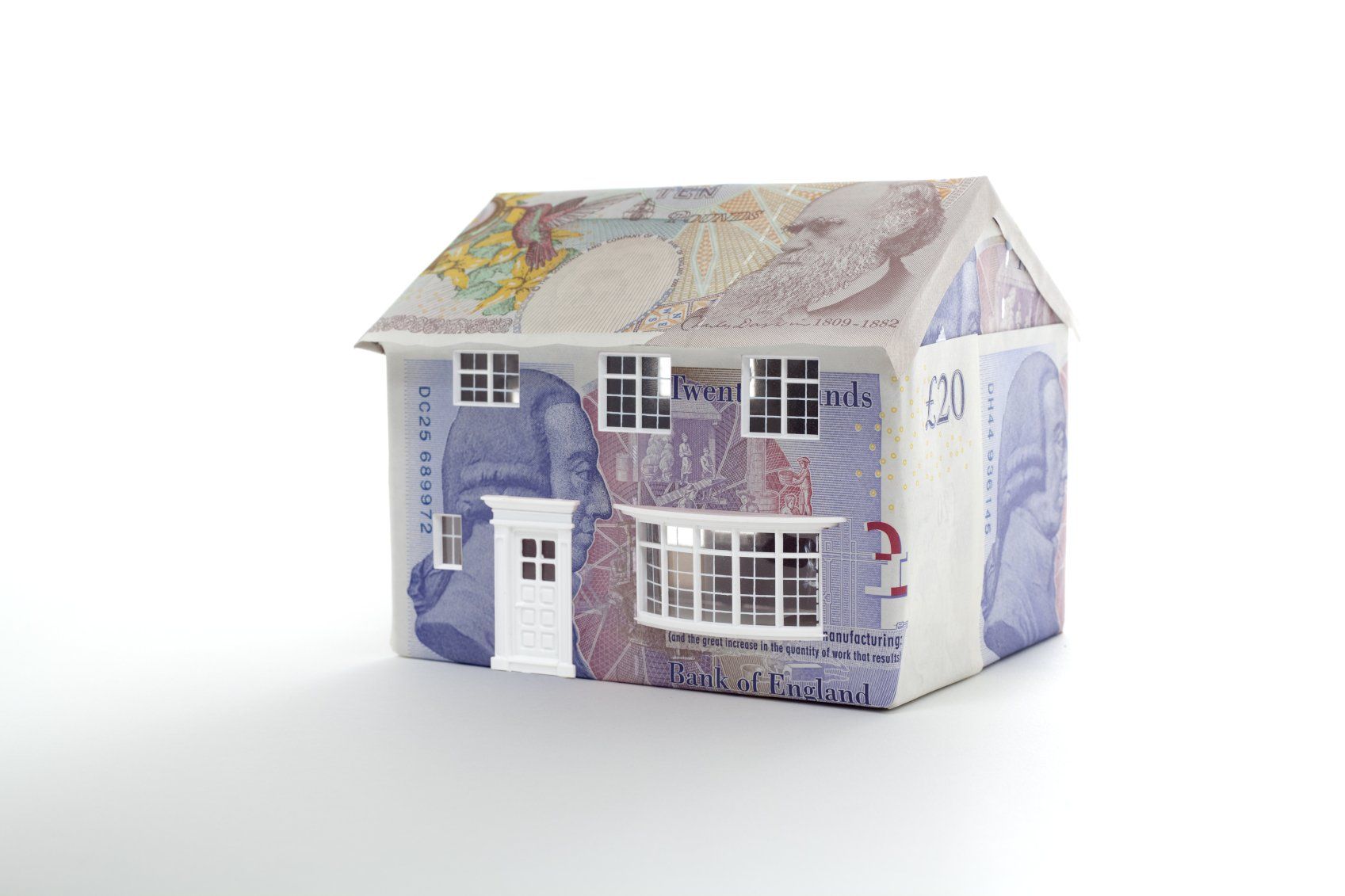The Myth of Down Valuation
- by John Greenan
- •
- 19 Apr, 2019
- •
Do surveyors deliberately under value a property?

When you buy a home with a mortgage and, therefore, borrowing money, a lender’s valuation is usually required to establish that the price you are paying for the property represents the home’s market value.
If you pay over what the estimated market value is, the lender is placed at extra risk and you possibly end up paying too much for the property. The valuation is to determine the value of the property for the bank, but worth noting this might be different to what a cash buyer would pay for the property, for example.
If the valuation is less than the estimate that the estate agent or seller originally gave you, this may be called a ‘down valuation’. You could still go ahead with the sale if you had the funding, but the mortgage lender would not take the risk for you.
The mortgage valuation
Firstly, it’s important to note that a lender’s valuation isn’t a survey of the home’s condition or any possible issues. It is a limited check carried out to ensure the house is worth the amount of money being paid for it and to calculate the loan the lender is able to offer. We would always advise you also get a home survey from an RICS professional, to inspect the condition of your prospective new home, and whether it has any potential issues.
The valuation report carried out for the lender is normally carried out by an RICS-registered valuer who has a duty to report independently and accurately the market value to the lender. All RICS valuers in the UK are regulated by RICS against international valuation and ethics standards.
The market value is based on comparable market evidence, which is usually confirmation of a minimum of three sales transaction of similar types of properties in the local area, and also the professional’s knowledge of the local market including supply and demand dynamics.
For this reason, it is quite possible that the lenders valuation at market value does not match the asking price of a property set by a broker, seller or agent.
An increase of down valuations in an uncertain market?
When house prices are falling or rising at a faster rate than typical as they are in some areas of the country, or when transaction levels are perhaps not what they might be surveyors have to be very certain they can evidence the value on paper (as they can be sued for over valuing properties by lenders).
The valuation process – technical aspects
RICS-registered valuation professionals are required when putting a valuation on a property to adopt the International Valuation Standards (IVS), as set by the International Valuation Standards Council (IVSC), for all written valuation work they undertake on behalf of their client. The IVSC set a number of definitions for the basis of value to be adopted in different circumstances. Where secured lending is involved (eg. mortgage purposes) most clients (the bank or building society) request that the valuer undertake a valuation to the IVSC’s definition of market value.
It is important to recognise that the client in most circumstances is the bank or building society, not the person taking the mortgage. The bank or building society are asking the valuer to provide them with their opinion of the market value of the property to safeguard themselves both from any loss that may be incurred if they lend too much against an individual property, and also align their capital adequacy requirements under financial regulations
Information Via RICS
A valuation is not a survey. Make sure you know as much as you can about the true condition of your future home before you commit to buying.
One of the first steps in the process of buying a property is arranging a survey. This will help you make a more informed decision on whether to purchase the property, what is a reasonable price, and whether you should take further advice before you commit.
While your mortgage lender will arrange a valuation, this is solely for its own benefit; the home survey is for yours. You are also under no obligation to share the results of the survey with the seller.
An MiHome Buyers Survey will highlight potential problems with a property, as well as giving you an independent valuation. Getting a survey carried out can help you avoid the average £5,750 repair bill that homebuyers face once they have moved into their new home, too.



